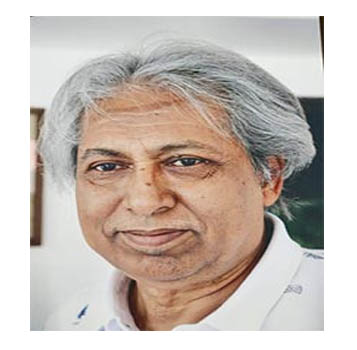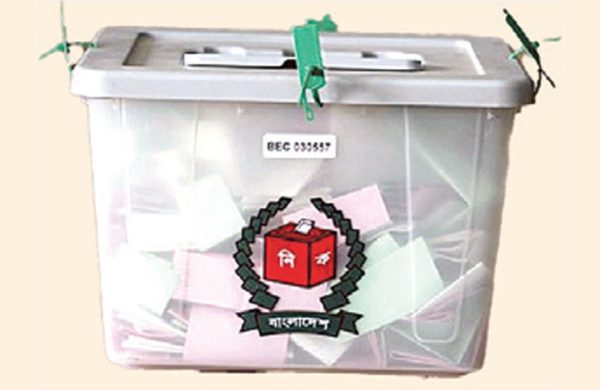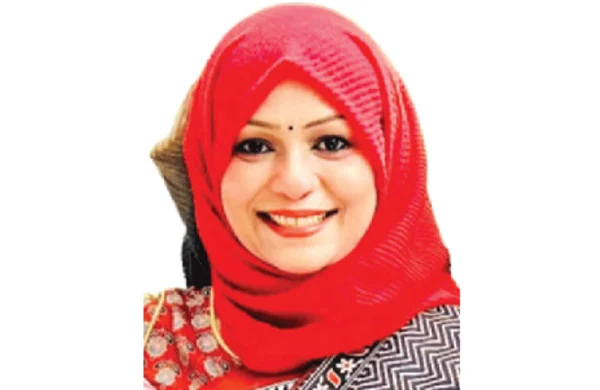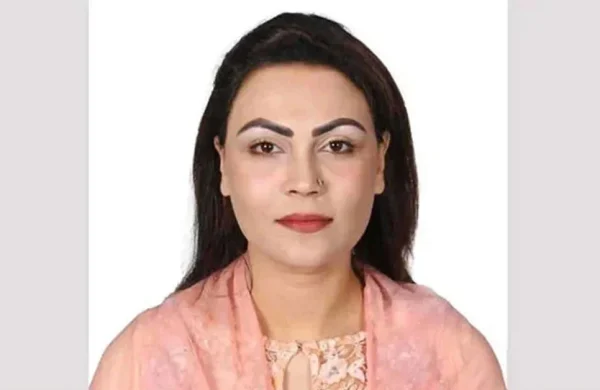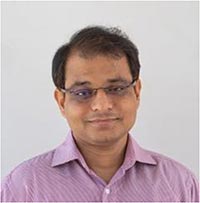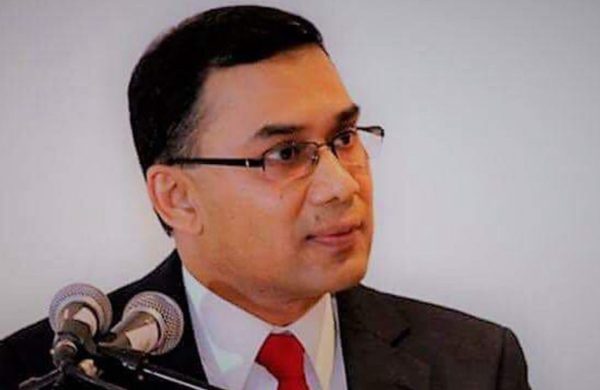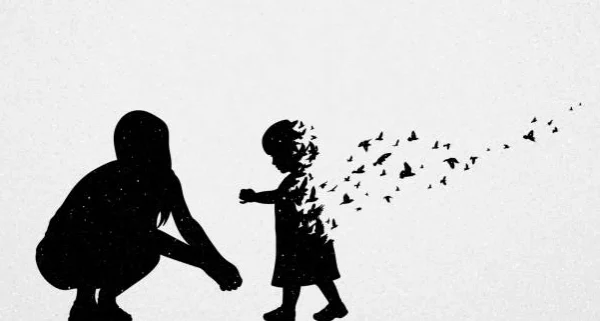Will there be an election in the end?
- Update Time : Thursday, July 31, 2025
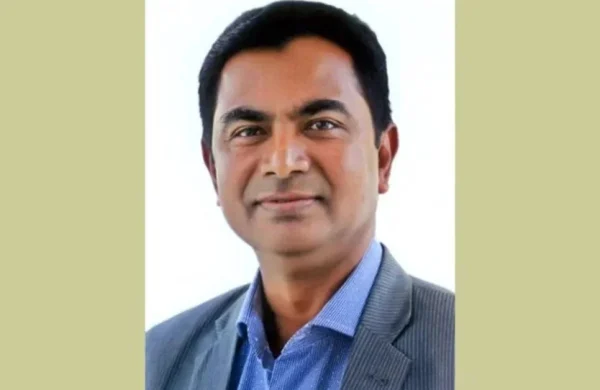
—Manjurul Islam—
“Sir, will there be an election in the end? I don’t think so, Sir. Those in power will be chased out. The country’s fallen into such a tangled mess that I can’t make sense of anything. I came to you for clarity. But our man from Sherpur won’t back down. He mentioned 18 months. Let’s see what happens after that! Right now, those in power are acting like cats—once they find a soft bed, they settle in comfortably and doze off. Power is that soft bed. They’ve grown too cosy. They know they’ll blow a fuse if an elected government takes over. That’s why they’re dragging things out. Word is, they’re also engaging in corruption. Will their misdeeds be exposed in future? Will the political parties ever learn anything? Are they even aware of the digital battle awaiting them in the next election? Was the July Charter prewritten or prepared in consultation with all? Is everything that’s happening now just a staged drama? Those crafting the July Charter—will they remain in the country or flee abroad? Whose men are they really? What are their true intentions? Will the people’s suffering ease? Will our people ever choose to follow Bangladesh? Will a new kind of fundamentalism rise in our country?”
He fired off these questions in a single breath. Mohammad Mahtab Uddin from the haor region of Kishoreganj had just spoken. I sat stunned, silently listening. Staring blankly at his face, I wondered—do I even have answers to these questions?
Mahtab Uddin is a reader of my columns and a regular viewer of my talk shows. Every Thursday, without fail, he calls me to share his thoughts. If I misuse a word in my writing, he gets visibly upset. Though he hasn’t had much formal education—he was supposed to take his HSC exams in 1990, but family hardship and his father’s death forced him to shoulder responsibilities—he never gave up learning. He started saving money to buy books. He never married.
“Sir, will there be an election in the end? I don’t think so.” Now he runs a small business to support himself. Quietly, he also finances the education of four underprivileged students. His addiction is books. He has a sizable collection, buys and reads at least two books a month. If he can’t afford new ones, he picks up old ones from the footpath. Every two months, he visits Dhaka just to browse second-hand bookstalls. Mahtab can hold conversations on politics, economics, sociology, environment, technology, Socrates, Aristotle, Karl Marx, Tagore, Nazrul, Shamsur Rahman, Al Mahmud—just to name a few. He has a good singing voice and recites poetry well. He can speak both in dialect and articulate Standard Bengali.
What’s remarkable about Mahtab is that he not only asks questions but offers informed, thoughtful answers. Though he lacks formal degrees, he is a learned and well-read man who keeps track of national and global affairs. He is an enlightened soul.
I asked him, “Why do you think there won’t be an election? And why do you believe those in power will be driven out?”
He began speaking in his own distinctive way:
“Sir, I believe I’m right. Look at our history. Two individuals had golden opportunities to turn Bangladesh into a true Sonar Bangla—Sheikh Mujibur Rahman and Dr Muhammad Yunus. But both failed due to nepotism. One failed completely; the other is on his way there. After returning to the country on 10 January 1972, Sheikh Mujib could make anything happen just by saying it. He had that authority. But he didn’t use it properly. He backed his nephew, Sheikh Fazlul Haque Moni, and that caused a rift in the Chhatra League. From that rift, Jatiya Samajtantrik Dal (Jasad) was born on 31 October 1972. After that, he couldn’t control the situation. Thousands of brilliant young people joined Jasad, and just dealing with them left his government overwhelmed.
The same nepotism led to the ousting of Tajuddin Ahmad. Sheikh Mujib proved that leadership and governing ability are not the same. Similarly, Dr Yunus—after receiving overwhelming public support and a student uprising in his favour—took charge. But he started ‘repaying’ the students by giving them power. He appointed them to various levels of government and, with his support, they formed a new party—NCP. There are many similarities between Jasad and the NCP, both in formation and actions.
Now this unregistered political party plays a key role in policymaking. Even the July Charter was reportedly a product of their demands. The distrust and divisions among the political parties are also rooted in the same nepotism. Now under pressure, the government is talking about elections. If polls are held in February, the current system will have to go. That’s why I feel they won’t give up power so easily. After playing this ‘election game’, they may eventually find some excuse to delay or avoid it altogether.”
I asked, “You mentioned that those in power are allegedly corrupt. How do you know that?”
Mahtab smiled slyly and said, “Sir, I came here to learn from you.” Then he took a long sip of tea and continued:
“Corruption is like smoke. No matter how hard you try, you can’t hide it. Many people know what those in power and their blessed political associates are up to. Some are keeping records; others are watching silently. Once a new government comes to power, you’ll see how much is revealed—how many cases are filed. My question is—will they face justice? Or will they secure immunity before stepping down?”
And what do you think?
“Sir,” he replied succinctly, “They’ll be chased out. Just wait.”
I asked him, “Mahtab, what is this digital war you speak of?”
He pulled out a Samsung Android phone from his pocket and showed me his accounts—Facebook, YouTube, Instagram, X, WhatsApp—each under a different name, all very active.
He said, “Whenever the next election happens, the battle will be fought on digital platforms. Technology will be used for campaigns and counter-campaigns. Lies and propaganda will drive people mad. Analysis of digital activity shows that individuals under the banner of ‘anti-discrimination’, NCP activists, and Jamaat-Shibir members are highly active. The scariest aspect of the digital world is its intolerance. The language people use to abuse each other is shocking. It’s as if we’ve opened coaching centres for insults. If everyone just spoke politely, things would be better. The more dependent we’ve become on tech, the more uncivilised we’ve grown. It’s heartbreaking, Sir.”
Mahtab raised many more questions. His thoughts stunned me. I could see how much my writing had influenced his concerns. An ordinary man, yet he worries about the country’s future. And those in power—what are they thinking? His questions reflect the thoughts swirling in the minds of the masses. He is a true representative of the people.
I don’t have answers to many of his questions. Even if I do, this may not be the right time to answer them. But I’ve learnt a lot from Mahtab. His thirst for knowledge is admirable. His concern for the country is truly praiseworthy.
Before leaving, Mahtab said, “Sir, we’ve talked a lot about politics and the world. Now, let me suggest something personal—don’t take it the wrong way. I know you deal with a lot of stress. You surely pray and fast. Still, take some time to remember the Creator by listening to three songs occasionally. They’ll bring peace to your soul. One is Tagore’s ‘Amar hiar majhe lukiye chhile, dekhte ami paini tomay.’ Another is Nazrul’s ‘Khelcho ei bishwo loye biraat shishu anmone…’ And if you want something spiritual, listen to the Baul song ‘Nodi bhora dheu, bojhe na to keu, keno mayar tori bao bao go…’.”
He sang the last line softly, then extended his hand to say goodbye. I shook his hand and said, “Stay well.”
He let out a long sigh and offered a faint smile in return.
————————————————————————————–
The writer is Executive Editor, Bangladesh Pratidin. He can be reached at [email protected]


